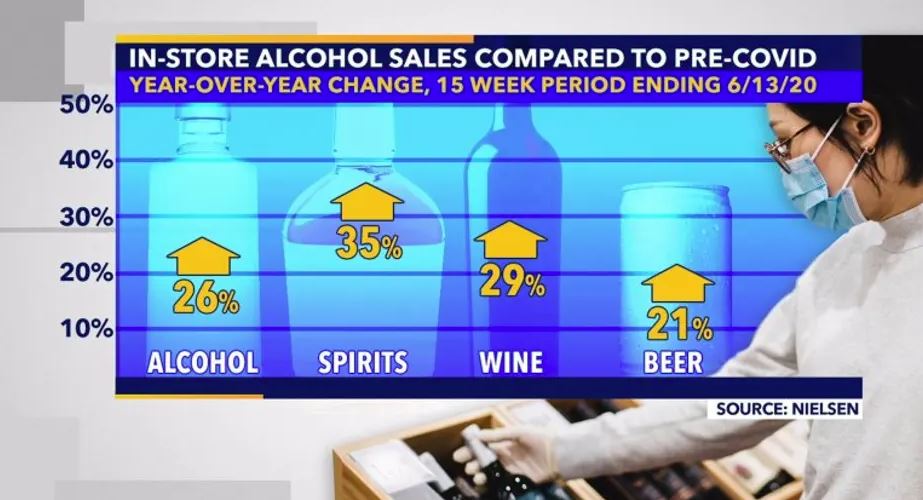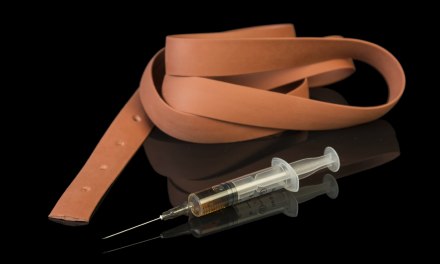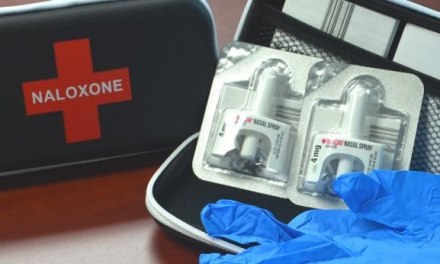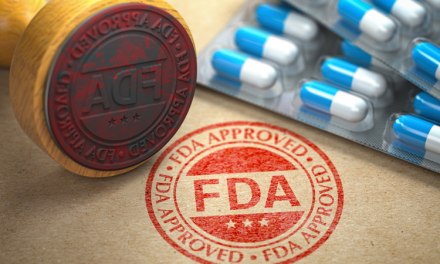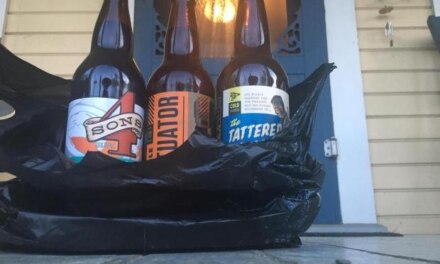I’ve seen news reports concerning a Scottish study on the impact of that nation’s ambitious strategy to limit excessive drinking through legislation. The new law created something known as Minimum Unit Pricing. The Scottish Government describes it this way:
“Minimum unit pricing set a floor price for a unit of alcohol, currently 50 pence per unit. This means alcohol can’t legally be sold for lower than that. The more alcohol a drink contains, the stronger it is and therefore the higher the minimum unit price.”
Translation: drinking in Scotland is now more expensive than before. To add perspective, Scotland currently ranks eighth in the world in alcohol consumption. They’re also the prime exporters of Scotch whiskey, an enormously popular product in America and most other places.
The new law is intended to result in a measurable reduction in alcohol-related fatalities. And that is what it appears to have accomplished.
Scotland’s minimum pricing linked to 13% drop in alcohol-related deaths, study finds
It was predicted that the new pricing system would have a greater impact on lower-income drinkers, since presumably they have less money to spend on alcohol. Indeed it has.
From a public health standpoint, that’s not a problem. Lower-income populations tend to suffer more from health consequences than their wealthier counterparts. As with cigarettes, taxing alcohol will limit people’s consumption, and therefore the adverse consequences that result from excessive drinking.
When it came time to compare outcomes, the control population could be found right next door, in England. There the price of alcohol hadn’t changed.
And by comparison, Scotland is the clear winner. Deaths and serious hospitalizations due to drinking had declined. Significantly.
Most of the benefit was among that lower-income population, naturally. People with more cash kept right on drinking the way they had before. Weirdly, that alone may have helped to correct some of the obvious longstanding health disparities between lower- and higher-income people in Scotland.
Some relevant questions:
- Should we in the US try something similar, since we hav evidence that it’s likely to work?
- Is any US politician willing to take on the risk of pursuing such legislation, in the face of likely opposition?
I’d anticipate stiff resistance from the alcohol beverage industry. Much the way the soft drink industry responded to proposals to raise taxes on soda pop. At the height of that debate, you’d have thought that paying a bit more for your sugary cola was akin to spitting on the flag.
Still, the pain might be worth the aggravation. Alcohol consumption went up substantially during the pandemic, and so far, hasn’t slowed much. I don’t know if folks really did ‘need’ to drink more, or just found the lockdown a convenient excuse.
But drink more is exactly what they did. And, statistically at least, like the Brits, it appears we’ll still be paying the price.

